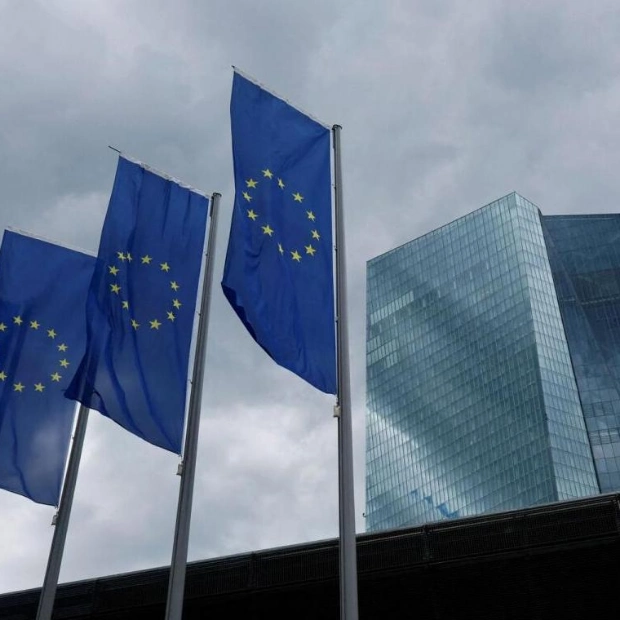Rents in Dubai are expected to increase, albeit at a reduced rate, as the market begins to exhibit stability with a higher number of rental listings remaining stable during the second quarter of this year. Data indicates that a greater number of Dubai residents opted to renew their tenancy contracts during the second quarter amid record-high rentals in the emirate.
"In both the sales and rental markets, we anticipate that rates will keep rising. However, this will not occur at the same rate, especially as the market has begun to show signs of stability," stated Taimur Khan, head of research at CBRE. He noted that in the first half of 2024, rates for 88.1 percent of sales listings and 73.8 percent of rental listings stayed the same, up from 79.6 percent and 72.9 percent respectively over the same period last year.
"The performance of Dubai's residential market is forecast to remain robust in the coming period," he remarked during the release of the second quarter report. Following a three-and-a-half-year surge, rentals and prices continue to climb in 2024, particularly in the prime segment, due to the influx of high-net-worth individuals into Dubai. This has also driven transaction volumes to new highs in the emirate.
"The pace at which rents continue to increase has been consistent, with average residential rents rising by 21.1 percent in the year to June 2024, fueled by a 22.2 percent increase in average apartment rents and a 12.7 percent rise in average villa rents. As of June 2024, the average annual rents for apartments and villas stood at Dh127,969 and Dh354,512 respectively," Khan detailed. During the January-June 2024 period, the highest annual rents for apartments and villas were recorded in Palm Jumeirah and Al Barari, with average asking rents of Dh279,826 and Dh1,344,844 respectively.
According to data from the Dubai Land Department, in the first half of the year, a total of 299,564 rental contracts were registered, a 52.5 percent increase from 2019 and a 5.8 percent increase from the same period in 2023. "This year-on-year rise has been largely supported by an 11.9 percent increase in the number of renewed contracts, while new registrations fell by 3.7 percent. We are seeing tenants preferring to renew their existing leases rather than leasing new units, which would likely be at much higher costs," Khan explained.






